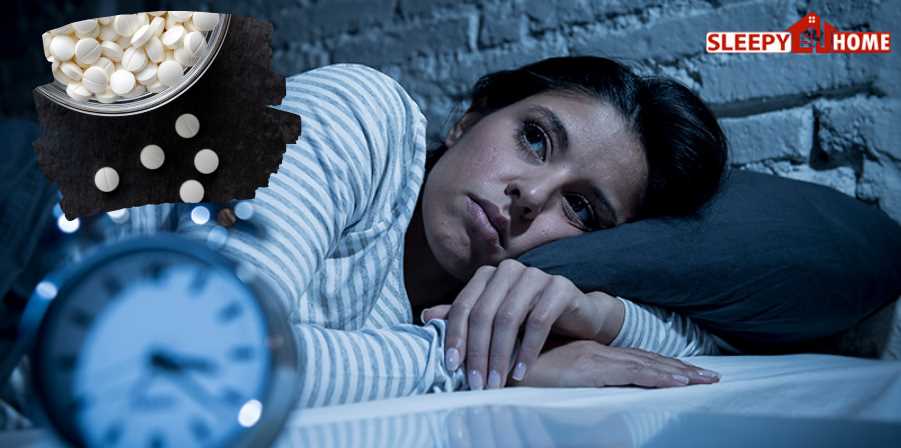Can sleep aids cause insomnia? Yes, sleep aids can cause insomnia due to their potential side effects and addictive nature. Sleep aids, although designed to help with sleep, may disrupt the natural sleep cycle and lead to dependency on them for falling asleep, ultimately causing insomnia as a result.
These medications, such as benzodiazepines, can alter the brain’s chemistry and may lead to rebound insomnia when discontinued. It is important to use sleep aids under the guidance of a healthcare professional and to explore non-medication-based sleep solutions to avoid the risk of developing insomnia as a side effect of these medications.

Credit: www.amazon.com
Understanding Sleep Aids
There are different types of sleep aids available in the market today, each designed to help individuals improve their sleep. These aids include over-the-counter medications, prescription drugs, herbal supplements, and natural remedies.
Sleep aids work in various ways, depending on the type. Some drugs target brain receptors that regulate sleep-wake cycles, while others promote muscle relaxation or reduce anxiety to induce sleep. Herbal supplements often contain substances that have a calming effect, promoting better sleep.
It’s important to note that while sleep aids can be helpful, they also come with side effects and potential risks. These can include daytime drowsiness, headaches, memory problems, and even dependency.
Therefore, before considering any sleep aid, it is essential to consult with a healthcare professional to discuss your specific sleep issues and potential underlying causes. They can recommend the most suitable sleep aid based on your individual needs and help you minimize any risks associated with its use.

Credit: www.everand.com
Side Effects Of Sleep Aids
Sleep aids can have common side effects that may occur in some individuals. These include drowsiness, dizziness, and light-headedness. Upset stomach, dry mouth, and headaches can also be experienced. Some people may experience next-day grogginess and difficulty concentrating. It is important to note that these side effects are generally mild and may go away as the body adjusts to the medication. If these side effects persist or worsen, it is advisable to consult a healthcare professional.
In rare cases, sleep aids can cause uncommon side effects. These may include allergic reactions such as rash, itching, swelling, or difficulty breathing. Sleepwalking and other unusual behaviors during sleep have been reported. Sleep aids might also lead to an increased risk of falling or accidents, especially in older adults. Memory problems and mood changes can also occur. If any of these uncommon side effects occur, it is important to seek medical attention promptly and discontinue use of the sleep aid.
Can Sleep Aids Cause Insomnia?
Using sleep aids to combat insomnia is a common practice. However, the irony lies in the fact that these aids can actually worsen the condition they are meant to alleviate. Various factors contribute to this occurrence.
Firstly, dependence on sleep aids can disrupt the body’s natural sleep patterns. Instead of promoting restful sleep, they can lead to fragmented and disrupted sleep, further exacerbating insomnia.
Secondly, certain medications used as sleep aids, such as antihistamines, can have stimulating effects on the body, making it difficult to fall asleep or stay asleep.
Additionally, sleep aids can mask underlying issues causing insomnia, preventing individuals from addressing the root cause of their sleep troubles.
| Factors contributing to Insomnia |
|---|
| Dependence on sleep aids disrupting natural sleep patterns |
| Stimulating effects of certain sleep aid medications |
| Masking underlying issues causing insomnia |
In conclusion, while sleep aids may be a temporary solution for insomnia, they can potentially worsen the condition in the long run. It is important to consult a healthcare professional to explore other alternatives and address the root cause of insomnia.

Credit: www.everand.com
Conclusion
It is important to be cautious when using sleep aids as they can potentially cause insomnia. While these medications may provide temporary relief, they can disrupt your natural sleep patterns and create dependency over time. Instead, consider exploring non-medication alternatives such as establishing a bedtime routine, creating a sleep-friendly environment, and practicing relaxation techniques.
Prioritizing good sleep hygiene can lead to long-term benefits for your overall well-being.
